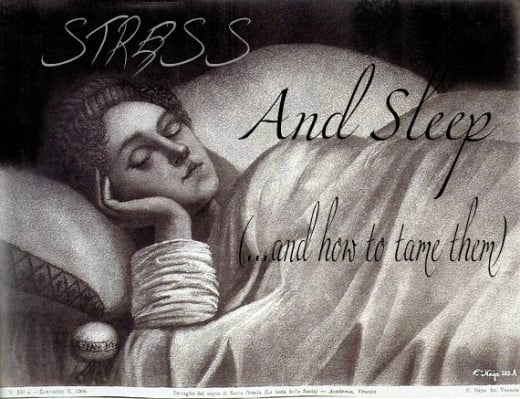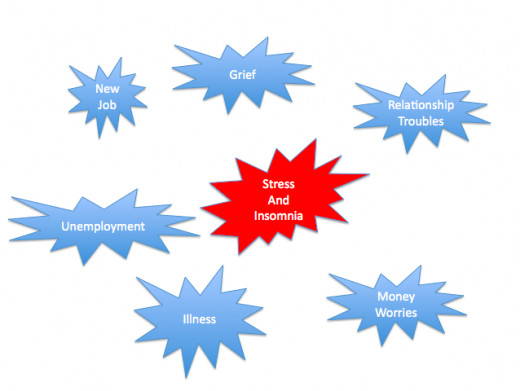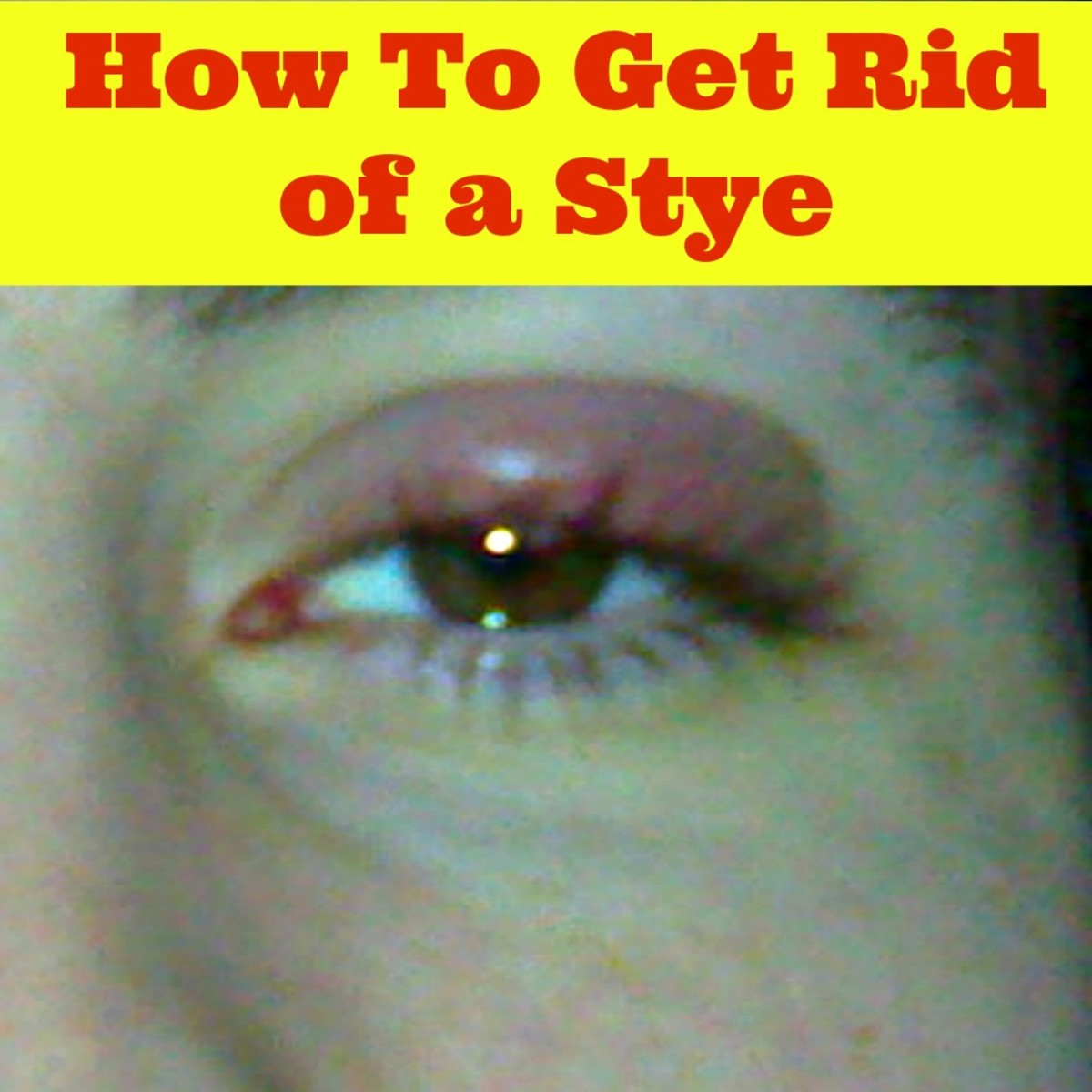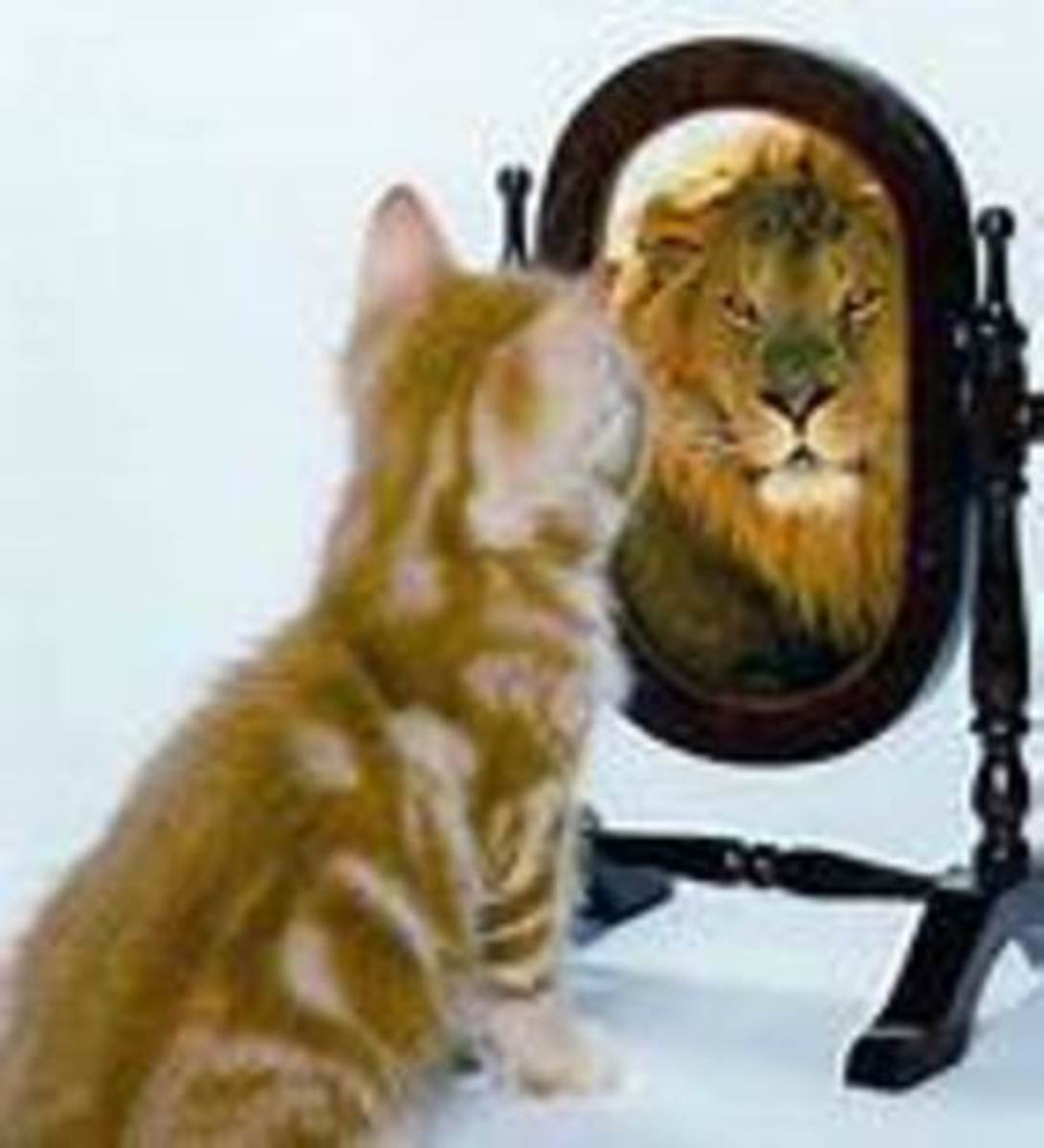Stress and Sleep issues

Stress is a killer, and tends to breed even more stress. But some of the worst effects are not from the tension itself but from the side effects that intrude on our life and health in a hundred small ways.
Broken sleep and insomnia are common when stress hits. Disturbances can include sleepwalking, acting out dreams during sleep, frequent awakenings in the middle of the night, and inability to drop off in the first place.
Lack of sleep – sleep deprivation – can lead to problems like not being able to concentrate, falling asleep in the middle of the day, depression, headaches and many others.
Almost everyone will encounter one or two occasional nights when sleep seems impossible, and this is rarely harmful. But prolonged, recurring periods of sleeplessness affecting health and the ability to think clearly need to be addressed because chronic sleeplessness can cause or exacerbate quite serious health problems.
Find the Underlying Cause of Your Sleep Issues
If you have had a sudden change in your sleeping pattern at some point, trace the changes in your life around that time. Some causes may be obvious – illness, bereavement, change or loss of job for instance, but others might not be so easy to pinpoint.
Sudden and significant changes in sleep habits that are apparently without any cause are of the most concern. You may need to discuss these with your doctor if they last for more than a few days, in order to check for any possible medical condition that might be causing the problem.

Take Control of your Sleeping Habits
The most successful, tried-and-tested way to handle problems like insomnia and sleep disturbances such as broken sleep is to take control of your sleep:
- Keep a sleep diary for two or three weeks, noting how much sleep you get each night and the duration of any naps you take during the day.
- Add up all the hours you actually spend sleeping.
- Divide the total by the number of days you kept records for.
- This is the average number of hours you sleep each day, and the number of hours you need to set as your initial sleep time each night.
- So for instance if you find that your average number of hours sleep each day is six, set yourself a bedtime and wake up time that gives you exactly this amount – whether it's from midnight until six o'clock, or ten p.m. until four a.m. - whatever suits your schedule.
- Keep to that schedule for one or two weeks, and stop yourself napping at any other time.
If after you try this out you don't feel as though you are getting enough rest, extend the time a little – just by fifteen minutes, either by going to bed a little earlier, or setting your alarm clock a little later. Only extend your allotted sleeping time by fifteen minutes a night, and allow a week after each change to see if that amount is right for you before you extend it any more
Exceptions to the Sleep Routine
- If you have to drive or operate machinery, in which case you might have to grab a nap beforehand in order to stay safe.
- If you are ill, in which case you will probably have to give yourself a lot more leeway because sleep is a large part of recuperation and healing.
- New parents will also face a period when the baby's own sleeping habits will dictate their sleep patterns, and napping is the only practical way to catch up on lost sleep.
Sleeping Problems Associated with Stress
- Insomnia
- Nightmares
- Waking feeling unrefreshed
- Sleepwalking
- Waking up in the middle of the night
- Sleeping too much
Setting a routine as described above may solve some of these problems. When we have a poor night's sleep, the body recovers that lost sleep best not by having a longer than average amount of sleep the next night, but by having a deeper sleep. If you have a poor night's sleep, try your best to stay awake and not nap the next day, and go to bed at your set bedtime.
Deep Sleep and Light Sleep (REM)
We have different phases of sleep – light sleep when we experience rapid eye movement and dream more, and slow-wave deep sleep when it can be difficult to awaken. Healthy sleep consists of phases of both of these kinds of sleep, and a reduction in either type is thought to be a possible factor in both minor and major mental health problems.
Going to bed because you're bored (for instance), rather than truly tired and sleepy, might cause you to have more light sleep, and sleep deprivation can cause more slow-wave deep sleep, whereas setting a routine will help you regain a healthy, natural cycle that includes a balance of both deep, slow-wave sleep and light REM sleep.
The first few days of a new sleep routine can be difficult, and you may initially feel a little more tired and irritable, but as your body adjusts, your sleep will become more natural and refreshing and sleep issues should fade.
When Should You Seek Medical Advice on Sleep?
If you have severe problems associated with sleep, and especially if these persist after your new regular routine has been in place for a few weeks, or if you have always had a regular routine and there is no obvious cause of a change to your sleeping habits. Your doctor may be able to help by prescribing short-term medication, or by referring you to a sleep specialist.
Severe problems might include sleepwalking, frequent nightmares, or where lack of sleep is affecting your day-to-day ability.
Problems associated with Sleep Issues
- Depression
- Lack of Concentration
- Falling asleep (not deliberately) during the day
- Inability to think clearly
- Poor judgement
- Irritability
- Poor self-control
- Apathy
- Some physical symptoms like headaches
The problems above can also be associated with other things, many of which are also things that can prevent you from getting a good night's sleep – so cause and effect can be difficult to pinpoint. Caffeine or alcohol can cause mood swings and poor quality sleep; nicotine in tobacco products or NRTs can cause over-stimulation, and overdose can cause headaches and nausea. Cut back on these to minimise stress and maximise high quality sleep, and also to help you work out what's really causing you any sleeping difficulties.
Natural Sleep Aids
The best natural sleep aid is to have a well-aired, quiet and comfortable bedroom to sleep in, which is free of clutter and distractions like TVs or computers.
But other sleep aids can include calming drinks like camomile tea or hot milk; a low soothing nightlight; gentle calming music or natural sounds like rain; or even a bedtime story – maybe not a thriller novel or a whodunit, but a relaxing story in which not much happens and nothing is bad – which might sound boring as normal reading material, but a couple of pages will wind you down and lull you into a state ready to sleep.
Taking Control of Stress and Sleep Issues
Once you have gained control over your sleep by setting a regular routine, many of your sleep issues will become less problematic, and stress will also more than likely be less intrusive in your life, as mood swings, irritability and apathy are replaced by calm and greater focus.
Some of the things that you can do to further improve your sleep are:
- Diet – poor nutrition can directly cause stress and a lack of vital nutrients can ruin sleep and overall health so make sure your daily diet includes fruit, vegetables, grains and lean meat or fish (or vegetarian alternatives); and cut down on processed sugar, caffeine in tea, coffee and soft drinks, and saturated fats.
- Exercise – half an hour moderate exercise such as walking every day
- Meditation and relaxation exercises
- Avoiding unnecessary stressors – these are different for everyone, but might include late nights, certain people, or even just certain kinds of movies that make you feel uncomfortable.








